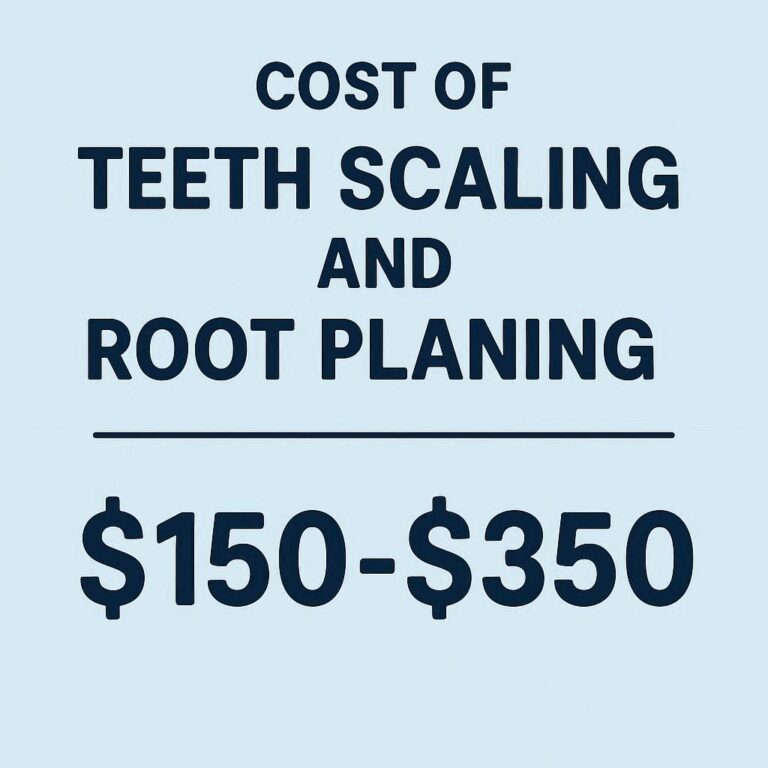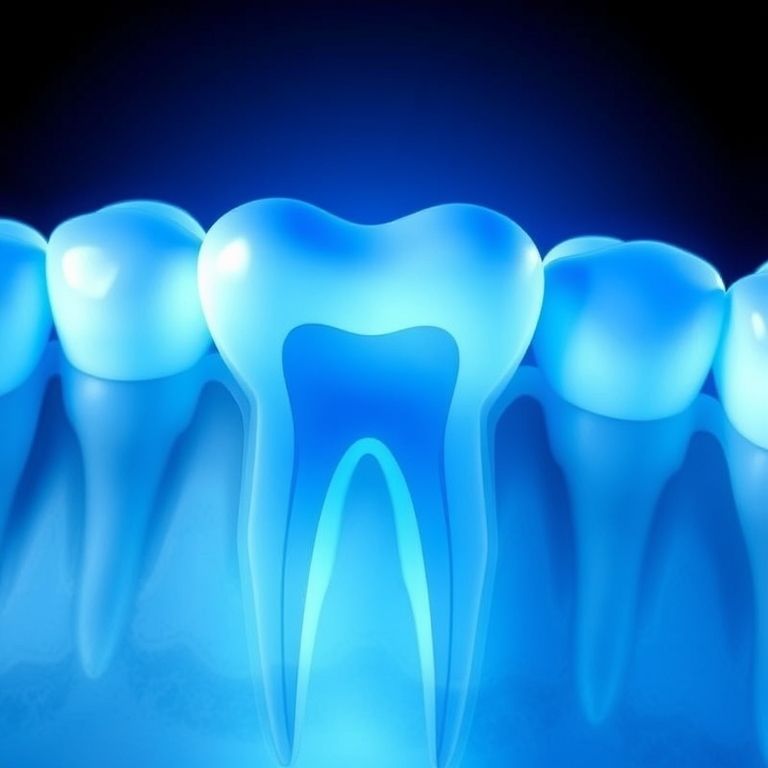Root Canal Treatment and Capping Cost
Root canal treatment (RCT) and dental capping are vital dental procedures for preserving teeth that might otherwise be lost due to decay or injury. This article will delve deep into the intricacies of these treatments, their costs, factors influencing these costs, and what patients can expect during and after the procedures. As dental health becomes an increasing priority worldwide, understanding these treatments and their financial implications is crucial for patients seeking the best care without unnecessary expenditure.

Understanding Root Canal Treatment
Root canal treatment is a procedure aimed at saving a tooth that has been severely damaged or infected. The process involves the removal of the infected or dead pulp from the tooth’s root canals, cleaning, and disinfecting the canals, and then filling them to prevent further infection.
- Step-by-Step Breakdown of Root Canal Treatment
- Diagnosis: The process begins with diagnosing the tooth’s condition. Symptoms like severe toothache, sensitivity to hot or cold, swelling, or darkening of the tooth indicate the need for RCT. An X-ray is usually conducted to assess the extent of the infection.
- Anesthesia: Local anesthesia is administered to numb the area around the affected tooth, ensuring a pain-free experience.
- Access Opening: The dentist creates an opening in the crown of the tooth to access the infected pulp.
- Pulp Removal: The infected pulp is removed from the pulp chamber and root canals.
- Cleaning and Shaping: The root canals are cleaned, shaped, and disinfected to eliminate any remaining bacteria.
- Filling the Canals: The canals are then filled with a biocompatible material, typically gutta-percha, to seal them and prevent future infections.
- Sealing: The tooth is temporarily sealed until a permanent filling or crown is placed.
- Restoration: Finally, the tooth is restored with a crown or filling to protect it and restore its function.
Cost of Root Canal Treatment
The cost of root canal treatment varies depending on several factors, including the tooth involved, the complexity of the procedure, and the location of the dental practice.
- Factors Influencing Cost
- Tooth Location: Treating a molar, which has more canals, is usually more expensive than treating a front tooth.
- Complexity of the Case: Teeth with multiple roots or severe infections may require more extensive treatment, increasing the cost.
- Geographical Location: The cost of dental procedures can vary significantly between urban and rural areas, and from country to country.
- Dentist’s Expertise: Specialists like endodontists may charge more than general dentists due to their specialized training.
- Cost Comparison in Different Regions
- United States: The cost of RCT can range from $700 to $2,100, depending on the factors mentioned above.
- United Kingdom: Prices generally range from £350 to £1,000 per tooth.
- India: The cost is relatively lower, ranging from ₹3,000 to ₹8,000.
- Middle East: In countries like Dubai, the cost can range from AED 1,500 to AED 4,000.
Understanding Dental Capping
Dental capping, or crowning, is the process of placing a cap over a treated tooth to restore its shape, size, and function. This procedure is essential following a root canal treatment to protect the tooth from future damage.
- Types of Dental Crowns
- Metal Crowns: Made from alloys of gold, platinum, or base metal alloys. They are durable and require minimal removal of tooth structure.
- Porcelain-Fused-to-Metal Crowns (PFM): These crowns provide a strong bond to the tooth due to their metal structure and have an aesthetic porcelain overlay.
- Ceramic or Porcelain Crowns: Best for front teeth due to their natural appearance, though they are less durable than metal crowns.
- Zirconia Crowns: Known for their strength and appearance, they are a popular choice for both front and back teeth.
- Composite Resin Crowns: These are more affordable but less durable, often used as a temporary solution.
- Cost of Dental Capping
- Metal Crowns: $800 to $2,500 per tooth, depending on the metal used.
- PFM Crowns: $500 to $1,500 per tooth.
- All-Ceramic Crowns: $800 to $3,000 per tooth.
- Zirconia Crowns: $1,000 to $2,500 per tooth.
- Composite Crowns: $300 to $700 per tooth.
- Factors Affecting the Cost of Dental Capping
- Material Choice: Different materials come at different costs, with all-ceramic and zirconia crowns being on the higher end.
- Number of Teeth: The number of teeth being capped directly influences the total cost.
- Laboratory Fees: High-quality dental labs may charge more for crafting crowns, affecting the overall price.
- Location and Expertise: Similar to RCT, location and dentist expertise significantly impact the cost.
Cost Comparison of Root Canal Treatment and Capping in Different Regions
| Region | Root Canal Treatment Cost | Dental Capping Cost (Per Tooth) |
|---|---|---|
| United States | $700 – $2,100 | $800 – $3,000 |
| United Kingdom | £350 – £1,000 | £500 – £1,500 |
| India | ₹3,000 – ₹8,000 | ₹4,000 – ₹15,000 |
| Dubai | AED 1,500 – AED 4,000 | AED 2,000 – AED 6,000 |
Conclusion
Root canal treatment and dental capping are essential procedures for saving and restoring teeth that would otherwise be lost. While these treatments can be costly, understanding the factors that influence the cost can help patients make informed decisions about their dental care. Investing in these treatments not only preserves dental health but also contributes to overall well-being.
Frequently Asked Questions (FAQs)
- Is root canal treatment painful?
- Most patients report minimal pain during RCT, as the procedure is done under local anesthesia.
- How long does a dental crown last?
- On average, a dental crown can last between 10 to 15 years with proper care.
- Can I avoid a root canal?
- In some cases, early detection and treatment of cavities can prevent the need for a root canal.
- Why are dental crowns expensive?
- The cost is attributed to the materials used, laboratory fees, and the dentist’s expertise.
- Are there any alternatives to dental capping?
- Alternatives include dental bonding or veneers, though they may not be as durable.
Additional Resources
- American Dental Association (ADA) – www.ada.org
- National Health Service (NHS) UK – www.nhs.uk
- Indian Dental Association – www.ida.org.in


